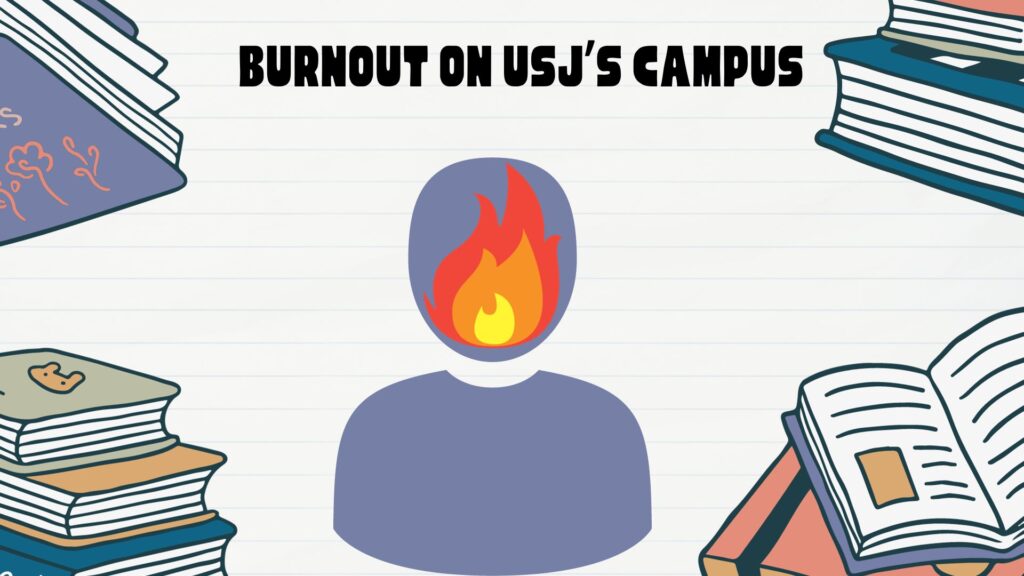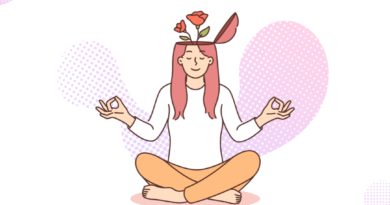The Consequences of Burnout
Written by Khang Dang
Burnout: one of the most influential adversaries that a student faces in their life. Regardless of the institution and school an individual attends, every person is bound to face this challenge at least once in their lives. In this case, burnout on the campus grounds of the University of Saint Joseph is found in different ways and observed by distinct perspectives. Professors find that there is a big difference in the beginning of a semester and towards the end. Sometimes, individuals withdraw or fail as a result of burnout alone. Students begin to feel “disconnected to their learning process,” as Professor June Dunn describes. As burnout progresses, it becomes less and less important to focus on the educational aspect.
To add onto this, times have changed, and along with academics, there are also more responsibilities that students must take on. Professor Kenneth Long talks about how he worked sixteen hours a week, but nowadays students can work “20 to even 40 hours a week.” Those who are working excessive hours in addition to keeping up with their schoolwork find themselves to be stressed, which can ultimately lead to burnout.
Within accounts of students like Jezabeth Santic (Class of 2025), she talks about how she finds that many things pile up on each other and start to create an issue when it comes to time. Cramming, time management, and activities upon activities, especially being in a major that has a lot of content, adds a lot of pressure onto her. Like many other students, classes can tend to pile up on each other all at the same time. Many students find that having classes that pile their exams upon each other makes it more difficult, and can contribute to the burnout that they feel for the coming weeks.
How do we put up against burnout then? What should we do in order to get through this patch after midterms?
Some students like Alfred Valero (Class of 2024) talk about combating burnout. He uses leisure activities, such as running, getting enough sleep, and taking a breather. Jezabeth talks about how she combats burnout by studying with others, talking, and writing about her studies, which helps much more than doing her work on her own. She does her best to take breaks, such as eating and sleeping and taking time for herself. As a means to prevent burnout, she prepares by studying weeks ahead of time instead of cramming during the week of the exam.
Professors such as June Dunn suggest some tips, such as for students to “find meaning in their work and that will in turn bolster their own sense of self and the value of their pursuits.” She recommends that taking this approach can help individuals to find more meaning in the courses that they take. The lessons we learn and the big takeaways can help to reduce said feelings of burnout. Another staff member talks about getting ahead of work: “Don’t put things off until just before they are due.” As mentioned by Jezabeth, it is good to plan ahead of time and create a schedule to help reduce burnout. The staff member also adds that you should head for tutoring help whenever you do experience burnout because it helps you learn and brings you a higher chance of success.
Burnout is a very strong adversary, especially during a time when students cannot just sit down for extensive periods of time to study. Students now have additional responsibilities, such as taking care of their families and working a part-time or even full-time job and have to manage their time on top of all of it. Burnout becomes a very prominent part of our lives despite how hard we try to avoid it, but there are ways that we can fight it and even more ways to help each other out. Resources, groups, and our community have many ways that they can support us so that we are not in this completely alone.
Featured Image: Samuel Turgeon




